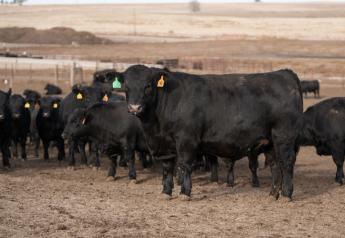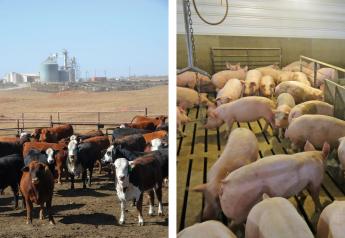Activists Call on In-N-Out Burger to Join the Superbug Fight
Nearly three dozen consumer, environmental and public health groups on Thursday pressed privately held In-N-Out Burger to make good on its vow to set time lines for phasing out the use of beef raised with antibiotics vital to human health.
Some 70 percent of antibiotics needed to fight infections in humans are sold for use in meat and dairy production. Medical researchers say overuse of the drugs may diminish their effectiveness in fighting disease in humans by contributing to the rise of dangerous, antibiotic-resistant bacteria often referred to as "superbugs."
Restaurant chains such as Chipotle Mexican Grill Inc , Panera Bread Co, McDonald's Corp and Subway already have joined the fight against superbugs by working with their meat suppliers to curb the use of important human antibiotics.
In-N-Out last year told Reuters it was "committed to beef that is not raised with antibiotics important to human medicine and we've asked our suppliers to accelerate their progress toward establishing antibiotic alternatives."
The company did not set a timeline for that effort.
Company representatives were not immediately available to comment on Thursday.
"In-N-Out can make a significant impact by eliminating all routine uses of medically important antibiotics by its beef suppliers in a timely manner," the groups, including CALPIRG, Friends of the Earth and the Center for Food Safety, said in their letter to the California-based company.
They want In-N-Out to begin selling a domestically produced grass-fed or organic beef burger.
"It's the fastest way that they can make good on their commitment," said Kari Hamerschlag, senior program manager at Friends of the Earth.
On Jan. 1, California will implement a new law that limits the use of medically important antibiotics in livestock operations. The law prohibits the regular use of antibiotics important to human medicine for disease prevention purposes and is intended to increase local supplies of beef raised without such drugs.
On Wednesday, a shareholder proposal calling on McDonald's to curb antibiotic use in its pork and beef supplies, as it does with chicken, was approved by 30 percent of voters.
Scientists say human infections from antibiotic-resistant bacteria pose a grave threat to global health and are estimated to kill at least 23,000 Americans each year. A recent Reuters investigation found that many infection-related deaths are uncounted.







